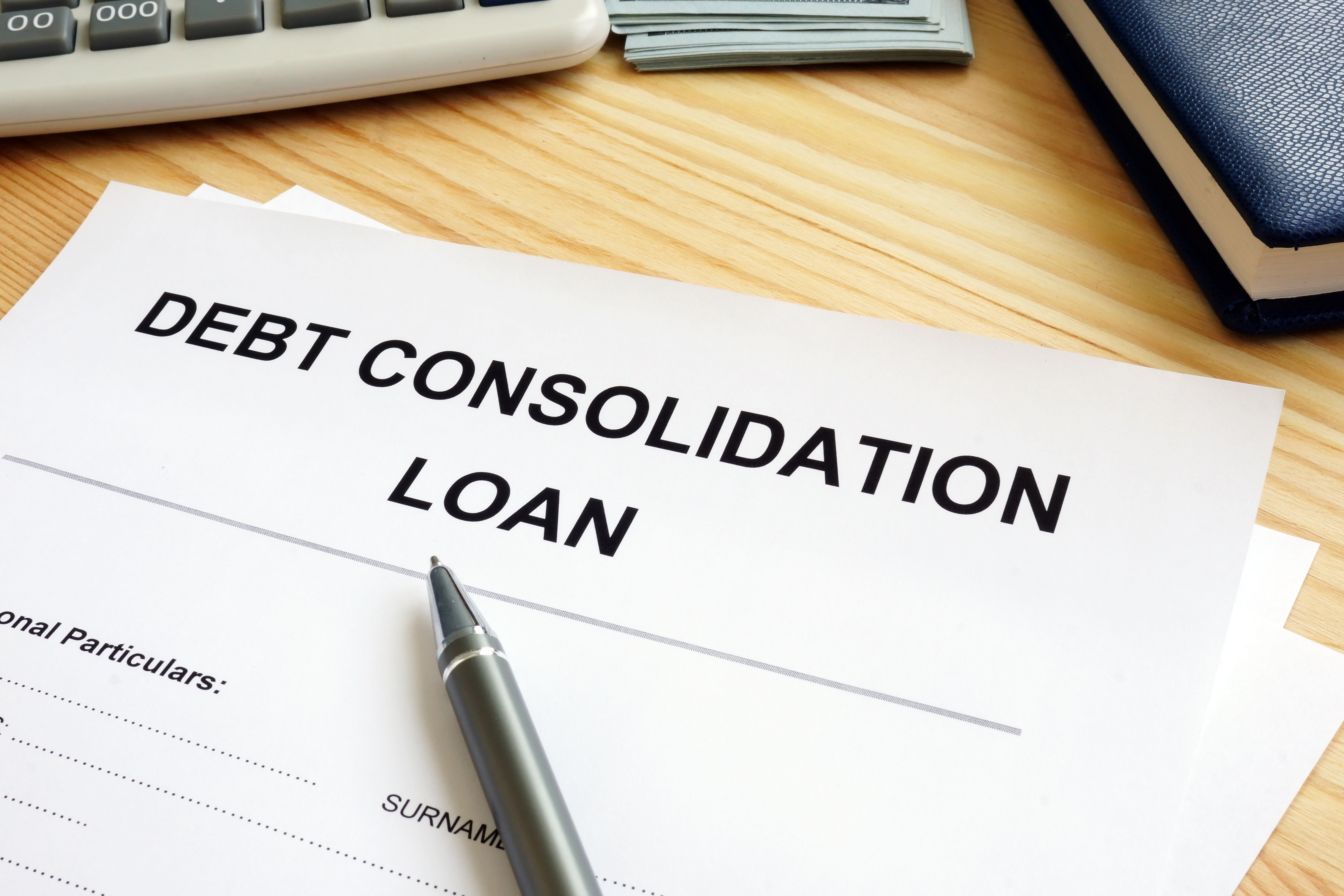Getting a consolidation loan with very bad credit might seem impossible, but there are options available even if your credit score is below 580. Traditional lenders may turn you down. But specialized bad credit lenders and credit unions often provide consolidation loans for very bad credit.
What Credit Score Do You Need for a Consolidation Loan?
Every lender has their own rules when it comes to very bad credit. They’ll typically review things like your credit score, income, and debt-to-income ratio. They want to assess the risk that you might default on the loan. Most lenders prefer to see a credit score of at least 650. However, some lenders may be willing to accept a lower score. You’ll probably have to pay a much higher interest rate in these cases.
For example, let’s say you have a credit score of 550. You’re looking to consolidate $10,000 in credit card debt. Lender A requires a minimum 600 credit score, so you wouldn’t qualify.
Lender B accepts credit scores as low as 500. But for scores under 600, the best interest rate they offer is 25%. That means your monthly payment on a 3-year term would be around $400, and you’d pay over $4,500 in interest.
In contrast, if your score was 650, you might get a 15% rate from Lender B. Then you’d pay around $330 per month and only $1,900 in total interest. So as you can see, having a poor credit score makes a big difference.
Steps to Get a Debt Consolidation Loan with Very Bad Credit
1. Check Your Credit Report
The first step is to know where your credit stands. Review your credit report in detail. Keep in mind that lenders will be checking this too. You should also look for any errors that could hurt your score. You’re entitled to a free copy of your credit report every 12 months. If you find mistakes, you can file a dispute.
2. Research and Compare Lenders
Next, check your lending options. Look for lenders that work with bad credit borrowers. Compare key details like loan amounts, repayment terms, fees, and interest rates. Many online lenders let you get prequalified with just a soft credit pull, which won’t impact your score. This can help you see what rates you might get without officially applying. Make a list of your top options to help you weigh the pros and cons.
3. Consider Adding a Cosigner
If you can’t qualify on your own, consider asking a friend or family member with good credit to cosign the loan application. A cosigner agrees to take over payments if you default. This reduces the risk for the lender, which can help you get approved. Just be sure your cosigner understands that they will be equally responsible for the debt.
4. Work on Improving Your Credit and Debt-to-Income Ratio
If you have a bit of time before you need the loan, you may want to improve your credit health. Focus on making all your payments on time. You can also pay down some of your existing debt. Even minor improvements can make you a more attractive borrower.
Best Lenders Offering Consolidation Loans for Very Bad Credit
If you have very bad credit, you may not be able to get a debt consolidation loan from a regular bank. However, there are a couple of other options to explore:
Credit Unions
Credit unions often offer lower interest rates and more flexible terms compared to regular banks. Even if you’re not a member, you may be able to join one and apply. Just be aware that credit unions typically have membership requirements.
Online Lenders
There are many online lenders that specialize in working with bad credit. These lenders often have more relaxed credit requirements. They can be a good option if you can’t get approved elsewhere. However, online lenders also tend to charge higher interest rates. It’s important to read the fine print carefully before applying.
Is a Debt Consolidation Loan Right for You?
A debt consolidation loan can be helpful for managing multiple debts. Still, it’s not always the best solution for everyone. If your credit is really bad, you may want to focus on improving it before applying for a new loan. This could help you qualify for better terms and save money in the long run.
On the other hand, if you need the loan as soon as possible, it may be worth applying. Just be sure to compare your options carefully and only take out a loan with monthly payments you can afford. If the interest rate is too high or the terms aren’t favorable, it may be better to explore other debt relief options.
Conclusion
Getting a debt consolidation loan with very bad credit can be hard. The good news is it’s not impossible. You may need to do some extra research to find a lender that’s willing to work with your credit situation. Credit unions and online lenders can be good places to start your search.
Before applying, understand where your credit stands and what factors lenders will review. If possible, work on improving your credit score and debt-to-income ratio to increase your approval odds. You can also apply with a cosigner to boost your chances.
Ultimately, a debt consolidation loan is just one option for managing debt. Be sure to compare the pros and cons and understand the full costs before signing on the dotted line.






